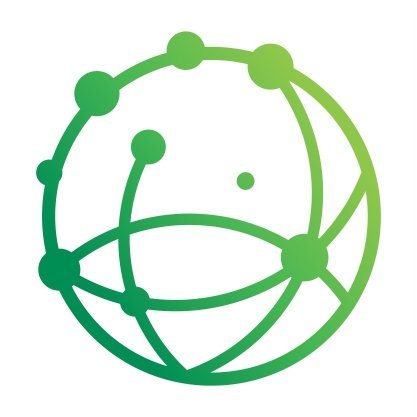In the quest for the perfect morning beverage, coffee and matcha stand out as two of the most popular choices worldwide. Both have their unique flavors, health benefits, and cultural significance, making the choice between them more than just a matter of taste. Let’s dive into the world of coffee and matcha to help you decide which might be the best fit for your morning ritual.
The Invigorating World of Coffee
Coffee, a beloved beverage with a rich aroma and bold flavor, has been a morning staple for centuries. Originating from the Ethiopian plateau, coffee has traveled the world, adapting to various cultures and palates. It’s celebrated not just for its ability to kickstart the day but also for its social role, often bringing people together over a cup.
Health Benefits: Coffee is a potent source of antioxidants, surpassing even some fruits and vegetables. It’s linked to a reduced risk of several diseases, including Parkinson’s, Alzheimer’s, type 2 diabetes, and certain forms of cancer. The caffeine in coffee boosts mental alertness and can enhance physical performance, making it a go-to choice for those needing to wake up their mind and body.
Considerations: Despite its benefits, coffee’s caffeine content can be a double-edged sword. Overconsumption may lead to jitteriness, anxiety, heart palpitations, and disrupted sleep patterns. It’s also acidic, which can affect digestion and lead to stomach discomfort for some people.
The Tranquil Appeal of Matcha
Matcha, a finely ground powder made from specially grown and processed green tea leaves, is renowned for its vibrant green color and has been an integral part of Japanese culture for centuries. Unlike coffee, matcha releases caffeine slowly, providing a sustained energy boost without the crash or jitters associated with coffee.
Health Benefits: Matcha is packed with catechins, a type of antioxidant that combats inflammation and cell damage. It contains L-theanine, an amino acid that promotes relaxation without drowsiness and enhances focus and cognitive function. Matcha has been linked to heart health, a boost in metabolism, and even a reduction in the risk of certain cancers.
Considerations: While matcha boasts many health benefits, it’s important to note that it contains less caffeine than coffee, which might not satisfy those looking for a strong caffeine kick. Additionally, high-quality matcha can be expensive, and its preparation might be time-consuming for those with a busy morning routine.
Making the Choice
When deciding between coffee and matcha, consider your health goals, taste preferences, and how each affects your body:
- For Energy and Alertness: Coffee might be the winner if you’re looking for an immediate and robust caffeine boost. However, if you prefer a gentler, more sustained energy lift without the crash, matcha could be the way to go.
- Health Considerations: If you’re sensitive to caffeine or prone to anxiety, matcha’s lower caffeine content and the presence of L-theanine might make it a better choice. For antioxidants and metabolic benefits, both offer advantages, though matcha’s unique compounds have distinct health properties.
- Taste and Experience: Coffee offers a rich, robust flavor and is versatile in its preparations. Matcha provides a unique, earthy taste that can be an acquired preference for some. The ritual of preparing matcha might also offer a moment of tranquility in your morning.
Ultimately, the choice between coffee and matcha comes down to personal preference and how each beverage makes you feel. Both have their place in a balanced diet, and switching between the two can provide the best of both worlds. Whether you’re drawn to the comforting warmth of a coffee cup or the serene ritual of whisking matcha, embracing your choice can enrich your mornings and contribute to your overall well-being.




